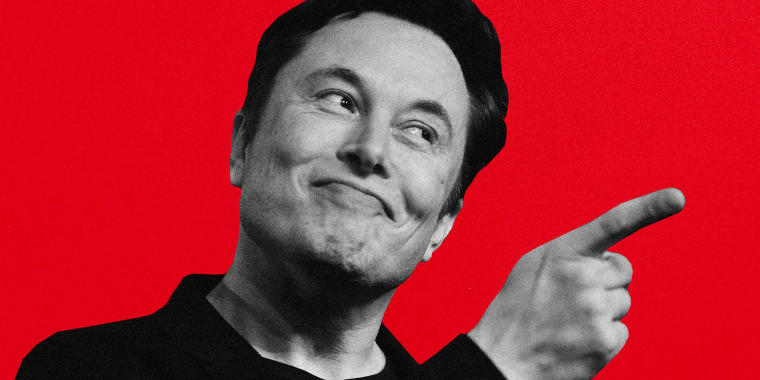Elon Musk says a lot of things. Many of those things have drawn intense, credulous scrutiny from serious institutions like the Securities and Exchange Commission and federal courts. This time, he’s supposedly offered to help end world hunger if the United Nations can provide him a plan.
In each of these situations, Musk’s words have been taken at face value in a way that he has only rarely deserved. The latest may be the most egregious: a trolling scoff at the idea that his wealth should be used to alleviate human suffering has somehow become transmuted into a generous and benevolent pledge to do just that.
David Beasley, director of the World Food Program, recently appeared on CNN to issue a direct plea to billionaires like Musk and Amazon founder Jeff Bezos. The Rome-based WFP needs $6.6 billion to meet the needs of 42 million people around the world who face famine and starvation, he said. That’s equal to about 2 percent of Musk’s wealth as the richest person in the world, or “just .36% of the top 400 U.S. billionaires' net worth increase last year,” as Beasley pointed out on Twitter.
Beasley’s call to action got Musk’s attention when the interview was quote-tweeted from a fellow Silicon Valley troll. “If WFP can describe on this Twitter thread exactly how $6B will solve world hunger, I will sell Tesla stock right now and do it,” Musk responded on Sunday morning in a tweet dripping with scorn.
To his credit, Beasley jumped into the thread hoping to engage substantively. In response, Musk all but accused the WFP of grift and opacity: “Please publish your current & proposed spending in detail so people can see exactly where money goes. Sunlight is a wonderful thing.”
If he had taken two seconds, Musk would have realized that the program has already been clear about where the money goes. The WFP is funded entirely through donations from member states and the public and has raised only about 75 percent of the cash it needs this year. The remaining $6 billion that Beasley is trying to rustle up would cover the remaining gap in its budget.
Musk also would have seen that the World Food Program is already providing the transparency he’s insinuating doesn’t exist. I mean, I somehow doubt that he’s taken the time to read through the 2019 report from the program’s inspector general or the WFP’s annual performance report for 2020.
And yet this half-assed, entirely unserious move from Musk — the billionaire equivalent of me declaring that “I’ll eat my hat if…” — has gotten him attention and praise from not just his lackeys but the press as well. The Telegraph described the Tesla CEO’s dismissal as a “vow” to sell stock as soon as the U.N. could show the details of its plan. Insider CEO Henry Blodget shared his outlet’s writeup as a “fair question and generous offer” from Musk to the United Nations.
The refusal from Ol’ Elon to cough up the requested billions isn’t a surprise. He’s been less than enthusiastic about using his unheard amounts of wealth for the betterment of the plebians. Forbes reported last year that he’d given away somewhere around $100 million of his fortune to charitable donations, despite signing a pledge to give away half of his money to charity. This January, NBC News reported, Musk announced that “he would give $100 million, about five one-hundredths of one percent of his net worth, toward a prize to reward the best carbon capture technology.” (That calculation is from when Musk only had a mere $183 billion to his name — his net worth is closer to $300 billion these days.)
But here’s the thing: As hard as I’m going against Musk, he’s not alone when it comes to most billionaires. Even if his pledge to fund the WFP once presented with a plan was a real one, it would still be shallow compared to what he could be doing with his money. It’s like someone who makes $100,000 a year giving $2,000 to charity — definitely generous but not exactly busting the bank. And unlike the person in that example, Musk would likely earn back that donation before the ink had even dried on the giant novelty check.
It’s part and parcel with the ultra-wealthy’s racket, as author and MSNBC contributor Anand Giridharadas has spent years now calling out. Billionaires know that thanks to the astronomical sums in their stock portfolios, they can give away crumbs from their annual bounty and still be viewed as heroes. At the same time, they’re constantly moving against any action that would have them contribute to society in the form of higher taxes or prevent them from amassing such fabulous fortunes in the first place.
It’s not that Musk’s miserly trolling makes him shadier than his compatriots atop the Forbes’ list. He’s just the one who cares the least about looking like a good person — which is a really impressive feat when you consider the competition.

